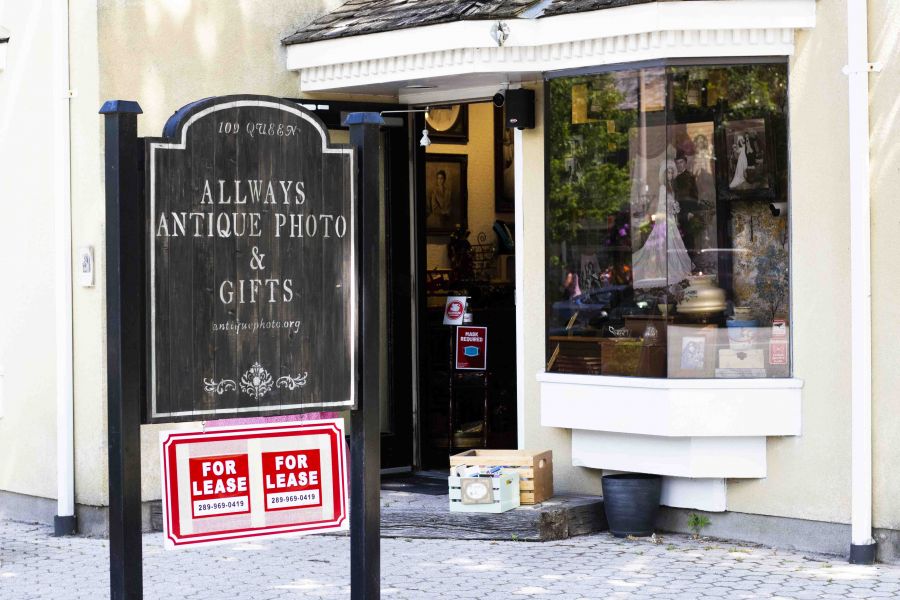Niagara-on-the-Lake businesses could be seeing loses of $78 million over the next 12 months, according to Niagara Economic Development.
Linda Sicoli, economic development officer with the economic development agency, presented NOTL-specific results of an economic impact of COVID-19 survey to town council July 20.
She said 181 businesses responded to the survey and “almost half were from sectors related to tourism, including retail, accommodation, food service, arts and entertainment.”
Sicoli said layoffs were “inherent across Niagara-on-the-Lake.”
“Sixty-nine businesses responded that they had had layoffs that impacted 1,343 jobs, 47 per cent which were part-time and about 64 per cent, which were in the accommodation and food services sector,” she said.
“The businesses think that $26.5 million in losses have been incurred to date and they predicted it could reach more than $78 million in the next 12 months.”
She said about 40 per cent of businesses said they were currently not able to meet their expenses.
About 59 per cent of businesses said they were sustainable or doing well, while 41 per cent said they were at risk of closing permanently or vulnerable to closure.
Of government help for businesses, she said “very few” had taken advantage of rent subsidies, and 33 businesses did not access any programs.
She said 36 per cent of business operators said they felt the government programs that exist are insufficient to help them.
Moving forward, businesses are saying they will need municipal and regional support, “not only with the deferral of taxes and fees, but also in regard to information, advocacy and promotion,” Sicoli said.
She noted that companies are saying they will need to implement innovative measures to increase revenue.
“They’ll have to gain additional capitals, possibly find new suppliers, do market research. Many of them are not interested in looking at new market opportunities, but a number of them are and they’re trying to shift and be agile,” she said.
“All industry sectors and businesses have had some form of negative effects, but the hardest hit one was the tourism and that is primarily focused on the accommodation and food services, arts, entertainment, recreation, retail, and any of the other sectors that are primarily public-facing or person-to-person interaction,” Sicoli told councillors.
“So, capital investments that might be required would amount to approximately $3.2 million in order for them to adapt operations. And almost $2.6 million of that is coming from tourism-related sectors such as a combination of foods, arts, entertainment and retail.”
As far as operating capacity, she said about half of businesses said they can only operate at 26 to 50 per cent capacity, while a small number said they are even less capable.
She added a large number of businesses said they can still operate close to full capacity.
She said businesses surveyed will need support going forward, in the form of additional loans, help with PPE sourcing and online advocacy.
She noted Niagara Region would not be facilitating the economic response plan itself, but rather through “economic development offices across the region, as well as through stakeholders.”
“So the region might be project manager in that regard, but a lot of the tactics will be implemented throughout the region,” she said.
RECAP:
- NOTL businesses have lost $26.5 million so far. That number could be as high as $78 million in 12 months.
- NOTL businesses laid-off more than 1,300 people due to the pandemic.
- The tourism industry has been the hardest hit by COVID-19.
- As many as 41 per cent of businesses say they’re at risk of permanently closing.











